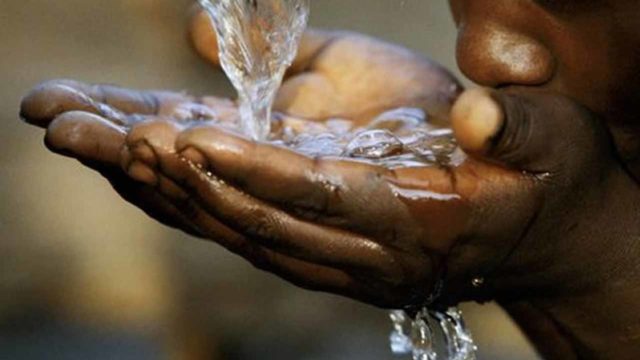An agreement worth $8m has been signed for the development of infrastructure for drinking water in Guinea. The agreement was signed by the Saudi Development Fund (SDF) and the Guinean Ministry of the Economy, Finance, and Planning.
It calls for the construction of boreholes equipped with solar pumps in villages that are not currently connected to the drinking water network. A total of 140 boreholes equipped with solar pumps will be built as a result, lessening the effects of power disruptions.
Also Read: A Comprehensive Guide To Planning, Installing And Taking Care Of Trailer Decking
20 raised tanks with a nominal capacity of 50 m3 will also be installed as part of the project. These will be used to store the water that is pumped from the water table and distribute it via a 4,500 m network and standpipes.
Generally, the project for drinking water in Guinea will help improve the supply of drinking water in rural areas of the West African country. The country is reportedly still in the fifth stage of the Saudi program for rural development and water drilling in Africa.
Saudi Arabia hopes to help Africa attain the sixth sustainable development goal with the project to provide drinking water in Guinea
By implementing this program, Saudi Arabia hopes to help Africa attain the sixth sustainable development goal (SDG6) by 2030. In particular, this objective is to ensure that everyone has access to clean drinking water in Guinea Conakry.
Currently, 77% of people in the West African nation have access to clean drinking water, according to research by the African Development Bank (AfDB).
With Guinea, there will be more than 6,440 installations completed in Africa under the Saudi rural development program owing to a funding total of $330 million. These drinking water facilities serve at least 4.5 million people across the continent. Furthermore, the program also intends to foster development in a number of industries that are negatively impacted by water scarcity and to slow the spread of water-borne diseases.

Leave a Reply